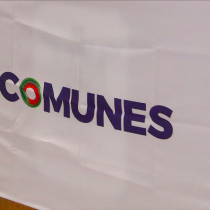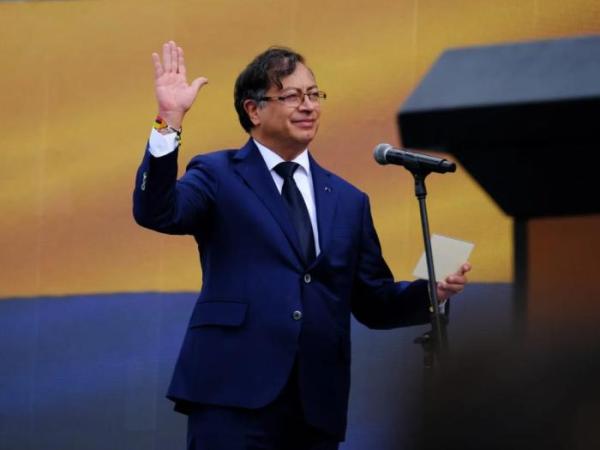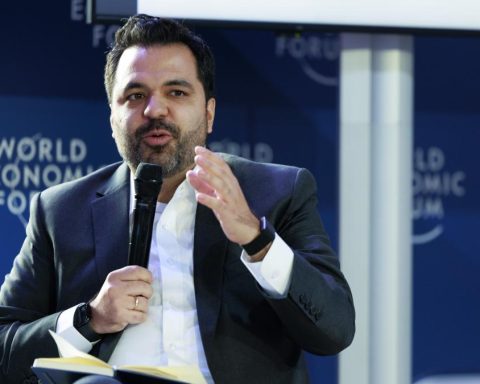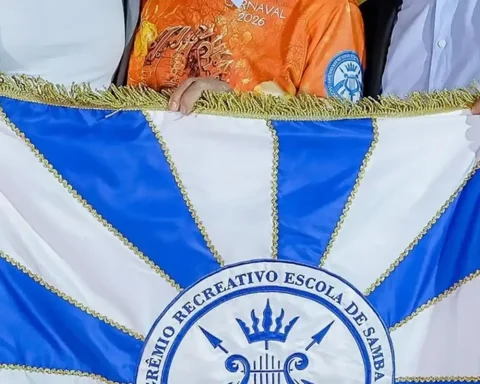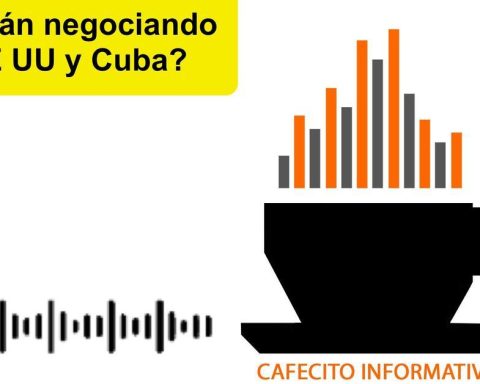The Comunes Party, a member of the ruling party and signatory of the “Agreement for Chile”, announced that it will seek to make “improvements” -in its processing- to the project that proposes three bodies for the drafting of the New Constitution. They believe that what was agreed brings “excessive tutelage” and warned that they will bet on refining part of the content when the reform enters Congress.
Despite the fact that there are objections to certain elements, Comunes assured that they will support the agreement they signed. “We are going to redouble our efforts in the dispute of the process and the terms of the process, so that citizens and their participation are protagonists,” said a party statement. Faced with this warning, the President of the Chamber of Deputies and Deputies Vlado Mirosevic (Liberal Party, PL), described as “unacceptable” that the conglomerate wants to change the agreement to make “improvements” to it.
You may also like:
- Vlado Mirosevic plunges into a tailspin against Comunes: “It is unacceptable” that they want to change the agreement to make “improvements”
- Accusations of “tutelage” and cross negotiations put tension on the constituent agreement
- Comunes says that “Agreement for Chile” contains “excessive elements of tutelage that restrict democratic debate”
After the summons of the deputy Mirosevic, Comunes contacted through the parliamentarian and militant of Comunes Claudia Mix, while the general secretary of the community, Josefina Villar, contacted the PL leadership to clarify the point. The conversation settled on the slogan of not generating any controversy between the official parties.
“We aim to improve issues that were not included in the agreement and that make sense, not only to Comunes, but to various communist parliamentarians and the Social Green Regionalist Federation (FRVS),” Villar told The counter. The party’s general secretary assured that in the coalition that supports President Gabriel Boric “there is good spirit, but that good spirit has nuances and differences that are legitimate and that the other parties understand.”
For Comunes, in the constitutional agreement signed between the forces with parliamentary representation on December 12, “fundamental elements have not been included, such as citizen participation and other democratic obstacles that we see in the agreement.” These, according to the group chaired by Marco Velarde, do not seek to delay the processing of the project in Congress, “they are possible to solve, without the need to get their hands on the agreement.”
«It is a malicious reading when they say that we do not want to respect the agreement because that is not the case. What we want to incorporate are improvements, because there are aspects that were not included in the agreement as such and, therefore, we are going to generate proposals, either prior to the motion, as well as after entering the Senate,” insisted the secretary. General of Commons And she reiterated: “We know that we signed an agreement, we put our signature as a party and what we want to do is, given the objections we have, to be able to make improvements, always within the democratic debate.”
Josefina Villar stressed that the statement made by her party was issued from the parliamentary space, with the support of the national leadership, since, ultimately, the three deputies -Claudia Mix, Camila Rojas and Emilia Schneider- “are legitimate actors to propose these improvements, especially since the parliamentary motion that will enable the constituent process will be entered in the coming days and therefore no one should annul the democratic debate in Congress.
The general secretary of Comunes stressed that its objective is to specify certain points related to the “citizen participation mechanisms” and what they consider to be “gaps” in the electoral system. And it is that, although the agreement states that for the election of the Constitutional Councilors the senatorial type system will be used, according to Comunes, it does not go into greater detail. “Within this system, you cannot apply under 35 years of age and we want to clarify that, because today young people have the full right to participate.”
“Our intention is not to delay, it is to propose, in a collaborative but critical spirit, and we are going to make every effort to be within the time frame,” Villar concluded.
Deputy Mix stated on Twitter that the Agreement for Chile “has excessive tutelage over the elected Council, obstructing the democratic exercise, for which reason it must be modified in Congress like the 15N Agreement.”
It is worth mentioning that, two days after reaching an agreement, the group of six lawyers –representing the different political parties– has already been summoned and is looking for times to start meeting. So far, the parties have only nominated men, such as the socialist candidate Gabriel Osorio, a lawyer whose nomination was not without controversy, for being one of the main advisers to the president of the PS, Paulina Vodánovic. Let us remember that this group of lawyers will be in charge of drafting the parliamentary motion that must be processed in Congress and approved by 4/7 of the parliamentarians. The text, along with translating the pact into a legislative bulletin, will have to take care of several loose ends, such as, for example, the way to implement parity, the quality of independence of the members of the parties in formation, in addition to the diet of the members of the eventual Constitutional Council.
